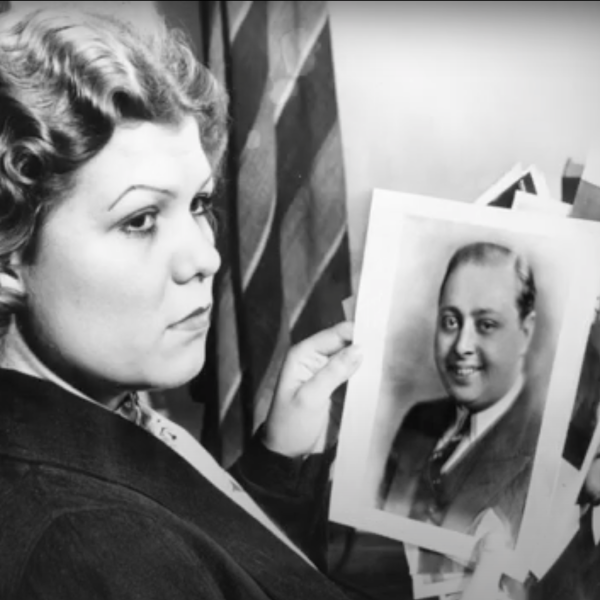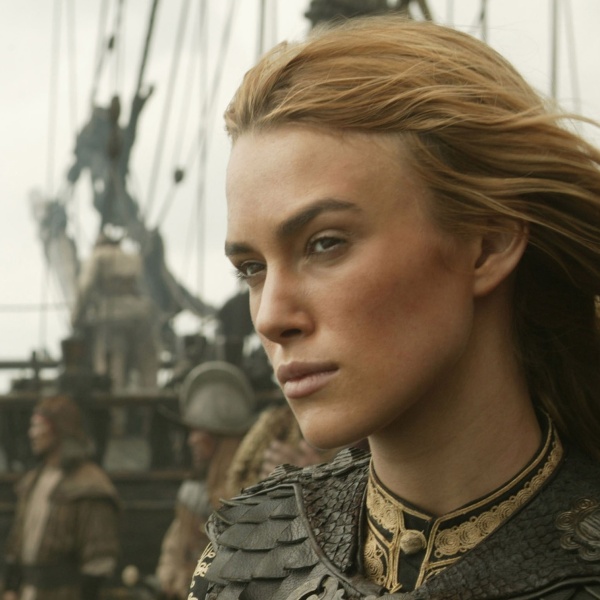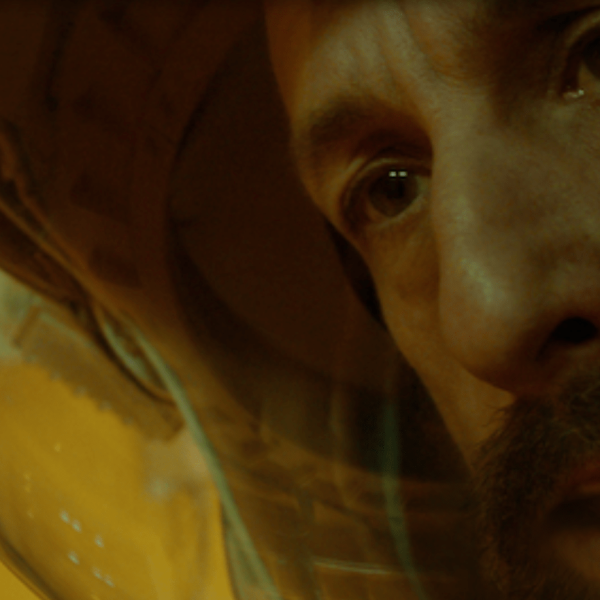Reveals The Flaming Lips & At The Drive-In Inspired The Sound Of The Band In The Film

Mark Ruffalo is the kind of unbeatable character actor that there are too few of in Hollywood these days, free of pretentions and able to totally immerse himself in any character he takes on. His choices on camera have been as varied as they have been excellent appearing in films like “Eternal Sunshine Of The Spotless Mind,” “Shutter Island,” “You Can Count On Me” and of course, last year’s acclaimed “The Kids Are All Right.”
However, he’s always had an eye for the director’s chair — in fact he nearly gave up acting to dedicate himself to his shift in career — and his first effort, “Sympathy For Delicious” is about as ambitious as they come. The film tells the tale of a paraplegic DJ (played by the film’s screenwriter Christopher Thornton) who has the ability to faith heal others but not himself, and has those powers exploited by the band he plays with in the film. The movie tackles a lot of thematic ground – spiritual profundity, magical realism, rock ‘n’ roll swagger — and is a fascinating look at a subculture many don’t know about, as well as an examination of the relative morality of those that want to do right by society.
We recently spoke to Mark Ruffalo about the process of putting the movie together, his thoughts on the music in the film and how he came across the indie rock band The Besnard Lakes who scored the film, which in some ways serves as the movie’s narrative backbone.
What was the development process for the film like?
Chris Thornton gave it to me a little more than ten years ago. It was 195 pages long and it was cheated margins and I saw something really, really imaginative and original in it, although I knew it would take a long time to find out what the story was, because there were so many different sub-stories and sidetracks off of the original story. But inside it was this great kernel – a guy has the gift to heal but he can’t heal himself. So we went through pass after pass after pass to try and whittle it down, because that first movie would have been a $20 million movie. And so a lot of it was trying to find the story, get it to a size that was comfortably doable in the budget we were thinking we could do it in, which was $6 million and when we couldn’t get that, even more got whittled out of it – the band became smaller and smaller and the venues they played became smaller and smaller and their rise to fame became shorter and shorter and cheaper and cheaper. We had a big actor who was attached at one point and then fell out and we had money from a Lebanese loan shark and he was crazy. It was just a really wild ride and all the time Chris and I were just refining the script. Chris says there are 100 numbered drafts. It was a long journey.
How did you decide what kind of sound the band in the film would have?
I wanted it to be raw and kind of experimental and to an untrained ear – “What am I really listening to? Is this good or is it noise? What am I hearing?” And so I started ranging around, listening to a bunch of different stuff. The old Flaming Lips — “The Punk Rockers Are Not Taking LSD” days, those Flaming Lips, I thought that was a good sound for these guys. I also knew that I wanted a punky element, something hard. I came across, at that time At the Drive-In, with Omar Rodriguez-Lopez and Cedric [Bixler-Zavala] and those guys. “One-Armed Scissor” was a good anthem for the movie, for the sound of it. So I reached out to him [Rodriguez- Lopez] and he couldn’t do it at the time. But my schedule shifted and, it was funny, I had just cast Juliette Lewis and she was like, “I’ve got to go away and record my album.” Then she called me and said, “You’re not going to believe this. Do you know who is producing my album?” And I said no. And she said, “Omar Rodriguez-Lopez!” And I said, “What are you kidding? Did you know that I wanted to use him for the music?” She said, “No. I
took out the script and asked what I was working on and I said ‘it’s Sympathy for Delicious.’ And he said, ‘Oh that director asked me to do it.’” And that was about two weeks before we were supposed to shoot.
So Orlando [Bloom], Juliette, and I got on a plane and went to Guadalajara to Omar’s studio, his compound. And he wrote and scored three songs in two days. Orlando did the vocals with Juliette, Cedric wrote the lyrics, and they hadn’t read the script so I pitched the whole thing, beat by beat, and while I was doing that Cedric was writing the lyrics. And Omar’s like “I know exactly what this needs to be… But you’re going to have to use my drummer.” I had already cast a drummer, so I had to call the guy and say, “Listen, this is the music. Can you play this?” Because I wanted the band to be able to play the music, that was really important to me. So the band you see is really playing those instruments. I really wanted to have that live quality, so I really wanted the band to be real. And the guy’s like, “No way man, I can’t play that, it’s too intense.” So I said “Okay.” Deantoni Parks, who’s the Mars Volta‘s drummer, is in the movie.
How did you find The Besnard Lakes for the score?
Originally I had used Godspeed You! Black Emperor for the temp track, which led me to this little cache in Montreal of all these great musicians. I ended up going to Besnard Lakes and asking them if they were interested in doing a live score for the movie. So they came on to do the score.
“Sympathy For Delicious” is in limited release now.


